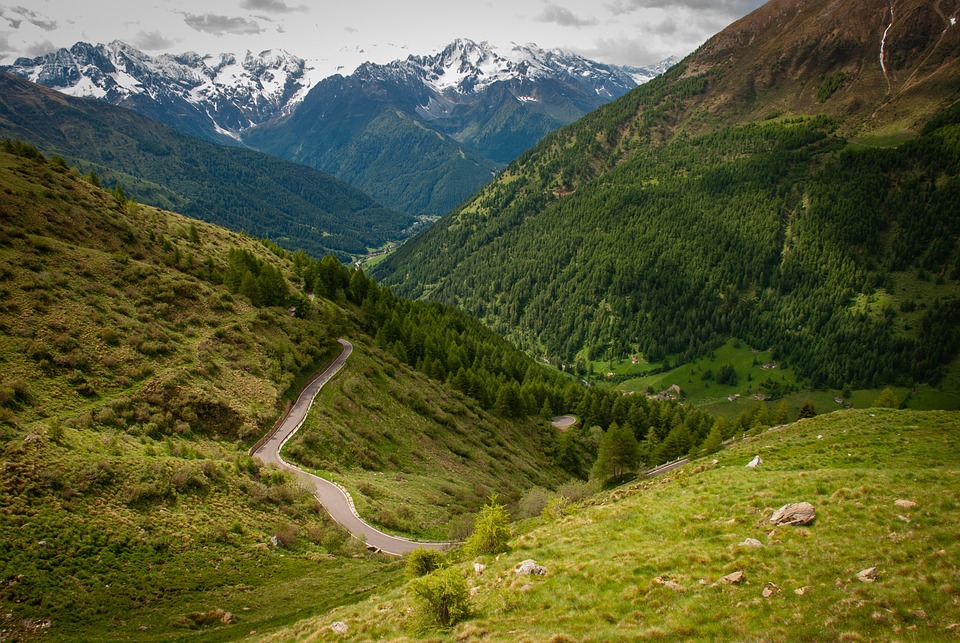Tourism, often dubbed the “world’s largest industry,” stands as a cornerstone of economic development for many regions globally. It encompasses the activities and services provided to travelers, ranging from lodging, food, and entertainment to transportation and retail sectors. The multifaceted nature of tourism ensures that its impact on local economies is both profound and multifarious. This article delves into the intricacies of tourism’s economic influence, assessing its benefits, challenges, and avenues for sustainable development.
Economic Benefits of Tourism
Job Creation: One of the most palpable advantages of tourism is its role in job creation. Tourism generates employment opportunities across various sectors, including hospitality, transportation, retail, and entertainment. In many developing nations, where other industries may be less established, tourism serves as a vital source of livelihood, empowering communities and reducing unemployment rates.
Income Generation and GDP Contribution: Tourism substantially contributes to local and national economies by increasing income levels and boosting the Gross Domestic Product (GDP). Tourists spend money on a wide range of services and goods, including accommodation, food, transport, souvenirs, and entry fees to attractions. This influx of spending circulates through the economy, promoting business growth and fostering overall economic welfare.
Infrastructure Improvement: The influx of tourists often necessitates the enhancement of infrastructure. Governments and local authorities are incentivized to improve roads, airports, public transportation, and communication networks. These improvements, while initially aimed at better serving tourists, also elevate the quality of life for residents, providing long-term benefits that extend beyond the tourism sector.
Cultural Exchange and Preservation: By attracting visitors interested in cultural and historical heritage, tourism can also play a crucial role in preserving local traditions and sites. Tourist interest can drive the conservation and restoration of historical monuments, cultural festivals, and traditional crafts, ensuring their continuity for future generations.
Entrepreneurial Opportunities: Tourism opens up a plethora of entrepreneurial opportunities. Local individuals and small businesses can capitalize on tourists’ needs by offering unique products and services, from guided tours and handcrafted souvenirs to traditional cuisines and cultural experiences. This entrepreneurial spirit fosters innovation and economic diversification within the community.
Challenges and Negative Impacts
While the economic benefits of tourism are manifold, it is not without challenges. The influx of visitors can sometimes strain local resources, leading to negative repercussions.
Environmental Degradation: The heavy footfall in popular tourist destinations can lead to environmental concerns such as pollution, deforestation, and loss of biodiversity. Fragile ecosystems may become compromised as tourism infrastructure expands to accommodate increasing numbers of visitors.
Cultural Erosion: While tourism can promote cultural preservation, it can also lead to cultural commodification, where traditions and practices are adapted or commercialized to appeal to tourists. This can dilute the authenticity of local cultures and traditions, leading to a loss of cultural identity.
Economic Leakage: Inefficient management of tourism revenue can result in economic leakage, where a significant portion of the income generated by tourism is funneled out of the local economy. This can occur when international companies dominate the tourism market, repatriating profits to their home countries rather than investing locally.
Overtourism: Exceeding the capacity of a destination’s infrastructure and resources can lead to overtourism, resulting in congestion, resource depletion, and resident discontent. Managing tourist numbers and distributing visitor flows more evenly across broader regions becomes essential to mitigating these adverse effects.
Dependence on Tourism: An over-reliance on tourism can make local economies vulnerable to external shocks such as natural disasters, political instability, or global economic downturns. The COVID-19 pandemic starkly highlighted such vulnerabilities, where travel restrictions decimated tourism-dependent economies.
Sustainable Tourism: Balancing Growth and Preservation
The concept of sustainable tourism has gained traction as a means to balance tourism growth with environmental conservation and socio-cultural preservation. Sustainable tourism strives to mitigate negative impacts while maximizing benefits, ensuring that tourism development delivers positive long-term outcomes for local communities and the environment.
Local Engagement: Active involvement of local communities in tourism planning and development ensures that their needs and perspectives are prioritized. Empowering communities to take ownership of tourism initiatives fosters sustainable practices and equitable distribution of benefits.
Eco-Friendly Practices: Implementing eco-friendly practices, such as waste reduction, energy conservation, and sustainable resource management, helps minimize tourism’s ecological footprint. Encouraging eco-tourism, where visitors engage with nature responsibly and contribute to conservation efforts, also promotes environmental sustainability.
Diversified Economic Activities: Encouraging economic diversification reduces reliance on tourism, making local economies more resilient to external shocks. Investment in other sectors such as agriculture, technology, and manufacturing can provide additional income streams and stability.
Cultural Sensitivity: Promoting cultural sensitivity among tourists and stakeholders helps preserve local traditions and ways of life. Involvement of local artisans, performers, and cultural practitioners in the tourism economy ensures that cultural heritage is respected and sustained.
Policy and Regulation: Governments play a crucial role in enforcing regulations that protect natural and cultural resources. Effective policies governing land use, waste management, and tourism activities safeguard against over-exploitation and degradation.
Conclusion
Tourism undeniably wields considerable power in shaping local economies, offering numerous benefits from job creation and income generation to infrastructure development and cultural preservation. However, its impacts are not uniformly positive, with challenges such as environmental degradation, cultural erosion, and economic vulnerability posing significant concerns.
Striking a balance between growth and sustainability requires concerted efforts from all stakeholders, including governments, businesses, communities, and tourists themselves. Embracing sustainable tourism practices ensures that tourism continues to be a driving force for economic development while preserving the natural and cultural heritage that makes destinations unique. Through thoughtful planning, regulation, and community engagement, tourism can thrive in harmony with its surroundings, fostering lasting economic prosperity and well-being for all.


